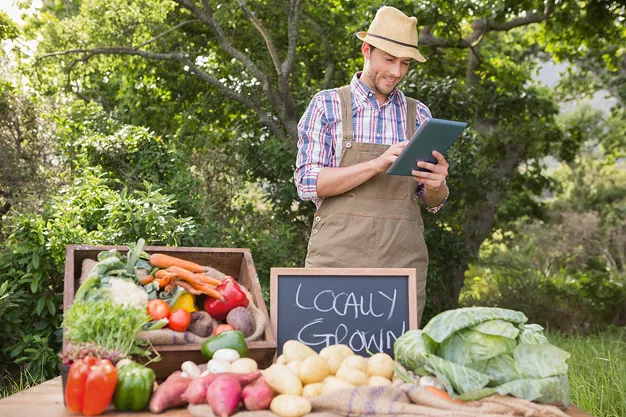In agriculture, pricing and other contractual conditions are a key issue that can be seriously affected by unfair trading practices (UTP). The European Farmers European Agri-Cooperatives, Copa and Cogeca, therefore welcomes the evaluation report presented yesterday by the European Commission on the implementation of the 2019 Directive aimed at combating these commercial practices. One of the limits identified is still the lack of knowledge of these new mechanisms within the Member States.

Adopted in 2019, the Directive on Unfair Trading Practices in business-to-business relationships in the agricultural and food supply chain prohibited 16 unfair practices from negatively impacting farmers and small suppliers.
The report presented by the Commission provides an update on the implementation of this directive. On the positive side, the report shows that all EU Member States have now transposed and implemented the Directive into national law, with the designation of one or more competent authorities to receive complaints and ensure confidential treatment of information.
Copa and Cogeca notes in a statement: "Despite this legislation, we continue to observe unfair trading practices in the food supply chain as reported by the Commission. The most frequent were late payments for perishable or non-perishable agricultural and food products (50% and 13%), payments not related to a specific transaction (7%), payments requested from the supplier for marketing actions (7%) as well as for stocking, displaying, and listing (7%).
Unfortunately, we continue to see a significant percentage of 63% UTPs being carried out by retailers and wholesalers. The Commission's report identified that about 41% of unfair practices detected had been identified at retail level (47% in 2022), 36% at food industry level (27% in 2022) and 22% at wholesale trade level (25% in 2022). In 2023, around 1,500 investigations were opened, with about 17% resulted in finding an infringement sanctioned that resulted in some €22 million collected in fines.
Even if the Commission recognises the awareness on the existence of EU rules is still
low (38% of respondents were aware), 30% of respondents do not complain against such practices for fear of being de-listed or suffering other forms of retaliation from the buyers. This is why anonymity (and not just confidentiality) must be granted to farmers."
Christiane Lambert, Copa President declared, "This report shows that it is essential to improve the European mechanism to combat unfair trading practices in the food supply chain. We need to revise and update the list of prohibited UTPs and include among those "below cost selling" and "selling at a loss". This is why, in the context of the European elections, we are asking the Commission to continue its evaluation work in 2025 and to propose a UTP 2.0 in its upcoming working program."
For more information:
Jean-Baptiste Boucher
Copa - Cogeca
European Farmers European Agri-Cooperatives
Tel: +32 474 84 08 36
Email: [email protected]
www.copa-cogeca.eu
